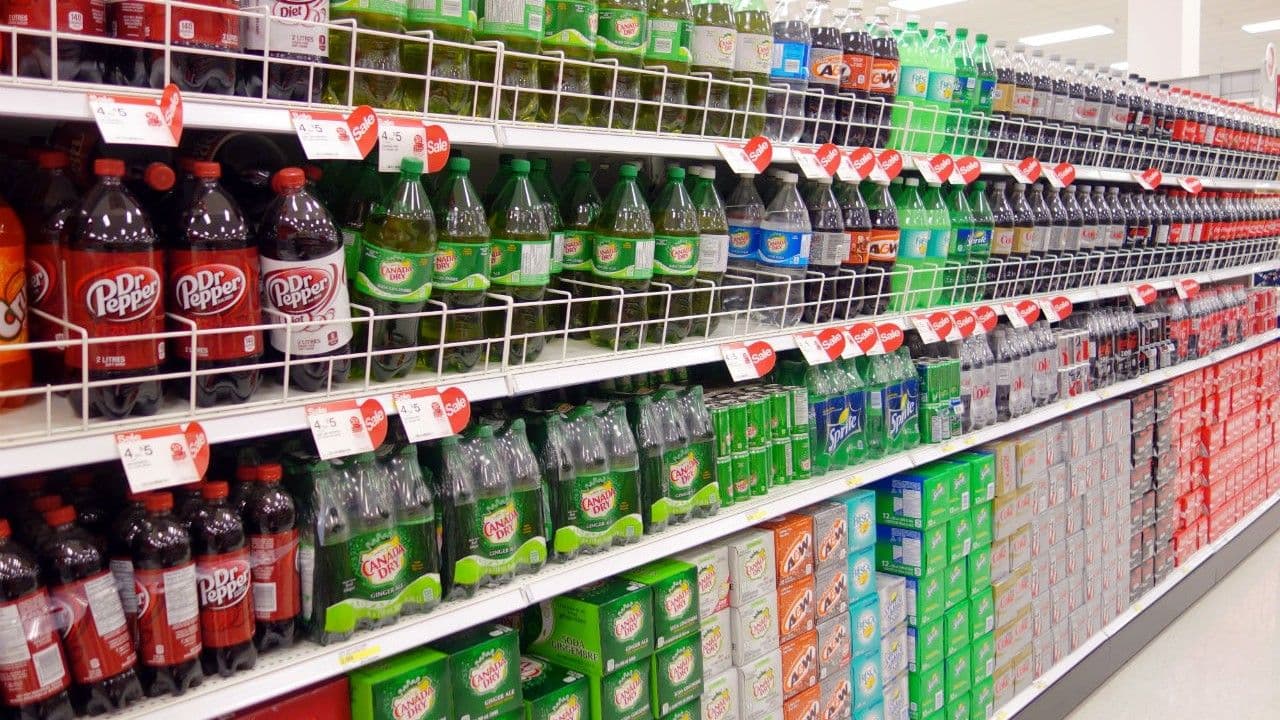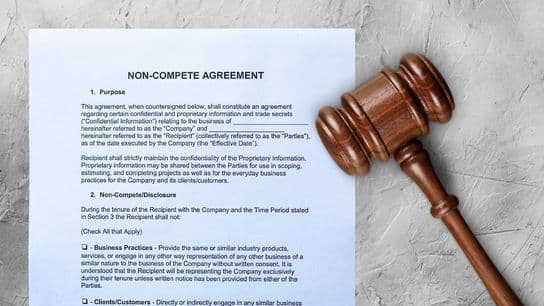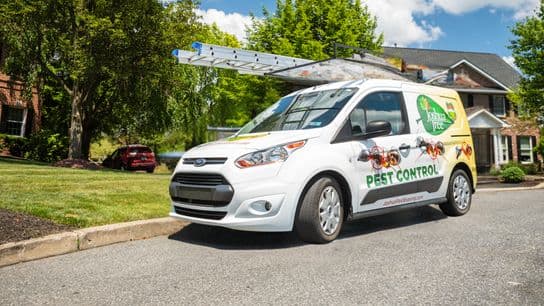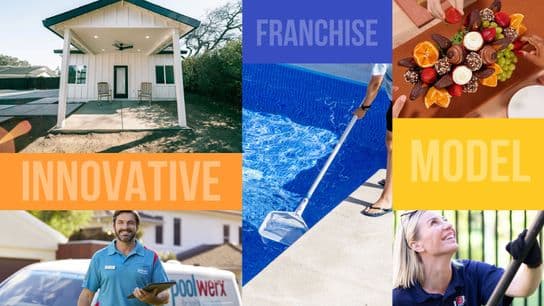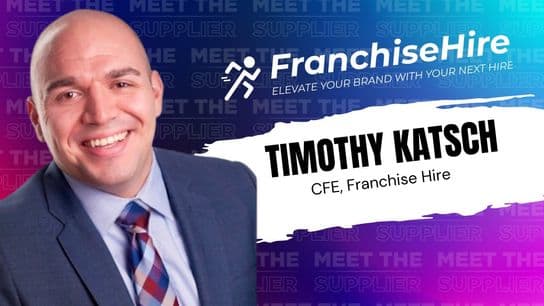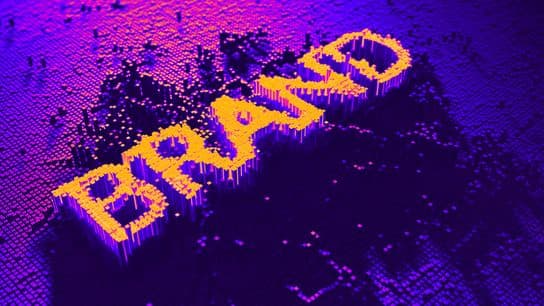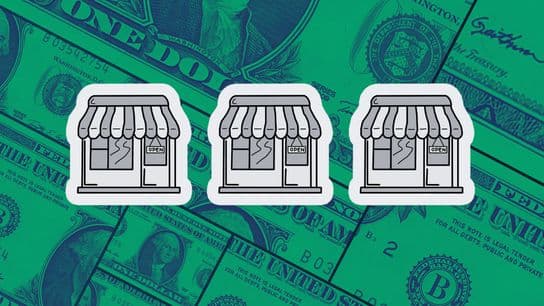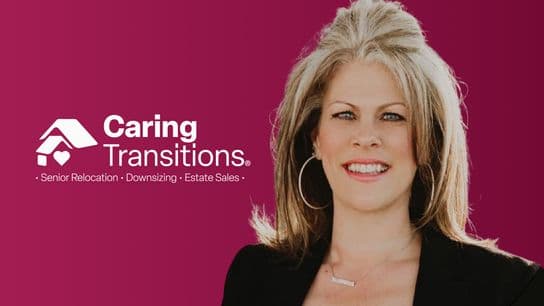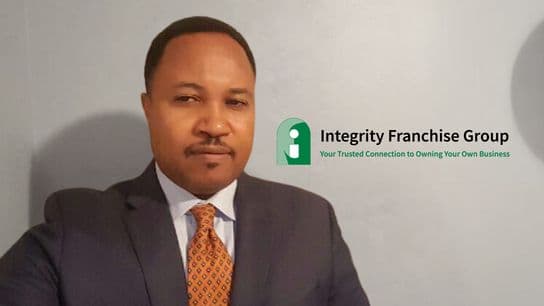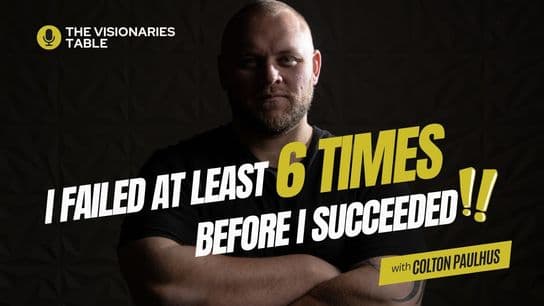Bittersweet: The Chicago Sweetened Beverage Tax Sparks Class Action Litigation
Taxing sweetened beverages has impact on franchises
After a protracted legal fight, Cook County’s much maligned Sweetened Beverage Tax went into effect on August 2, 2017. See County of Cook, § 74-850, et seq.[1] In relevant part, the tax requires retailers of sweetened beverages to tax $.01 per ounce of sweetened beverage. For bottled beverages, calculating the tax is fairly straightforward (though, as noted below, putative class action lawsuits over the taxation of bottled water have been filed against companies like PepsiCo and Walgreens). For fountain drinks—which have caused the biggest litigation headache—the tax is calculated by the number of ounces the cup can hold.
A sweetened beverage is defined as any non-alcoholic beverage that includes sucrose, fructose, glucose and/or sugars, as well as the gamut of artificial sweeteners (i.e., aspartame and saccharin). In essence, the tax impacts all non-alcoholic beverages with the exception of water, unsweetened tea, unsweetened coffee and the like. The tax does not impact beverages to which a consumer can separately add sweetener or request that the retailer add sweetener (i.e., coffee).
Despite the nascent nature of the tax, class action lawsuits regarding the soda tax have already arrived. The fundamental premise underlying these cases is that the retailer is miscalculating or improperly imposing the tax, forcing consumers to overpay or to pay a tax when they should not. It does not matter that the tax is simply remitted to the County or State; the consumer (plaintiff) is purportedly damaged in the amount overtaxed.
The first theory—which has been utilized to sue companies like Albertson’s, McDonald’s and Circle K—stems from the alleged improper calculation of the tax. For example, lawsuits have been filed against McDonald’s and Circle K alleging that the Sweetened Beverage Tax was included in the taxable subtotal, meaning that consumers would pay sales tax on the Soda Tax constituting effectively a double-tax. A lawsuit was also filed against Albertson’s for charging the Sweetened Beverage Tax on consumers using the federal Supplemental Nutrition Assistance Program (“SNAP”), which is exempt under the ordinance.
The second theory—which has been used in lawsuits against Subway and PepsiCo—stems from charging the tax on unsweetened beverages. The case being pursued against Subway (which is particularly troubling for QSR’s) involves charging the tax on fountain drinks where the consumers pay for a cup and have the option to serve themselves an unsweetened beverage (i.e., unsweetened tea). The case against PepsiCo involves the taxing of bottled drinks at vending machines, which charge the tax regardless of whether a soda or water is purchased.
While it is simply enough to avoid taxing bottled water, it is crucial for QSR’s to be cognizant of how the tax is being charged on fountain drinks where consumers can serve themselves an unsweetened beverage. If the tax is charged as a matter of course on all fountain drinks along with the purchase of a cup before the consumer selects a drink, there is risk that consumers looking to file a lawsuit will intentionally use the cup for unsweetened drinks, even water.
In light of these opportunistic lawsuits (plaintiffs’ lawyers and their most litigious clients are unquestionably going restaurant to restaurant looking for claims), it is crucial to ensure that the tax is not being included within the taxable subtotal or being charged on unsweetened beverages or water. Further, as it pertains to fountain drinks, rather than re-design fountain machines or restructure their placement, we would recommend simply asking consumers what kind of drink they want before charging the tax. While this is not full-proof, having this policy in place will greatly curtail if not prevent a class action lawsuit. Further, redesigning or restructuring is likely unnecessary in light of the fact that the Illinois state legislature is presently working to repeal the tax and prevent the imposition of any similar taxes.
Finally, while these cases are obviously a concern and come with attendant costs, it is important to keep in mind that we are talking about cents; these are low-dollar cases that are brought in hopes of a cost-of-defense settlement. Further, they are going to be difficult for plaintiffs to prevail upon on a class basis, as numerous obstacles stand in the way of a plaintiff succeeding at the class certification level, including ascertainability, commonality, adequacy and predominance. By way of example, plaintiffs’ lawyers will face an uphill battle when trying to identify which individuals purchased a fountain drink only to later fill it with an unsweetened beverage, as receipts do not identify the type of drink obtained. Additionally, because many class representatives may have intentionally chosen an unsweetened beverage in order to bring a lawsuit, issues of whether they have the same interests as the class members abound.
We will continue to monitor the developments in both the legislation and case law. Should you have any questions, contact David Almeida at your convenience to discuss compliance measures.
[1] More information regarding the tax, as well as links to the ordinance itself, can be found here.
